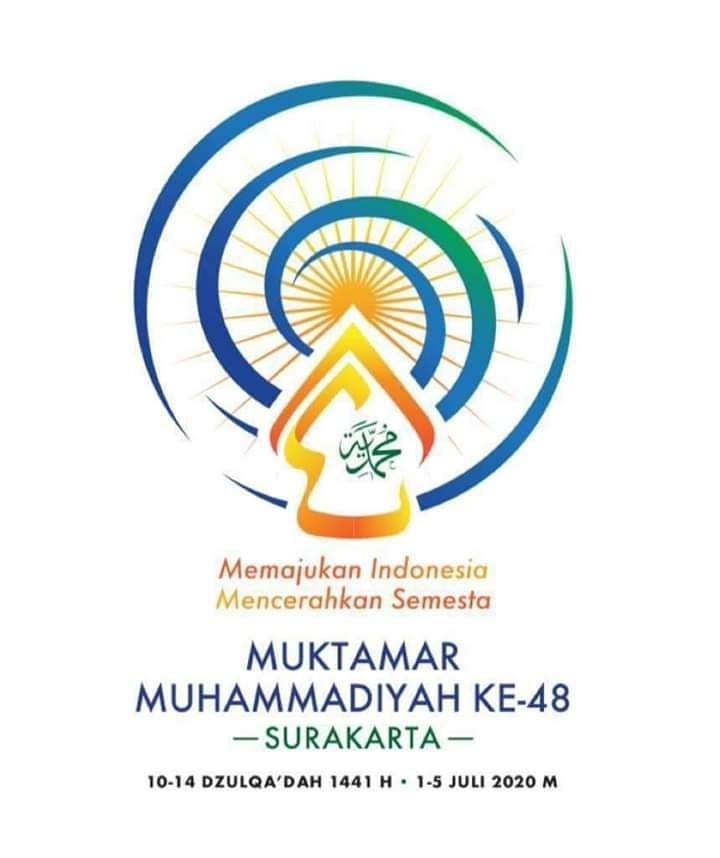Jakarta- Din Syamsuddin, Chairman of Muhammadiyah Central Executive, appreciated the Indonesian Foreign Ministry actions related to the issues of Brazilian President refused credentials of Indonesian Ambassador to the Brazilian government.
"I thinkit wasgood enough, action, formal and normative decisive, as it concerned our pride as a nation of Indonesia," said Din Syamsuddin after holding a press conference related to the cancellation of Act No. 7 of 2004 on Water Resources in Central Building Da'wah Muhammadiyah, Menteng Raya 62 in Jakarta, Monday (23/2).
He explained that theactions of the President of Brazil expelled the Indonesian Ambassador of Brazil was things that was not wise to do as the country's leader.
"The act ofcynical and driving off was something that was not wise to do, cannot be tolerated," he said.
Earlier,the President of Brazil refused credentials of Indonesian Ambassador to Brazil, after a call to the presidential palace.
Toto RJ, Indonesian ambassador to Brazil, was expelled in a formal ceremony at the Presidential Palace of Brazil related to the submission credential (credential) by President Dilma Rouseff, February 20th, 2015. In fact, in the event, Toto had received an official invitation from the president. However, he remained expelled without any obvious reasons. Then, the Ministry of Foreign Affairs of the Republic of Indonesia took steps to attract Indonesian ambassador and made note of protest against Brazil.
Theprotests related to the Brazilian citizens who were executed by Indonesia for being a drug dealer. Din said Muhammadiyah and Council of Indonesian Ulema (MUI) had issued a fatwa against drugs, because it was not in accordance with the principal taught of religion and the rule of law state.
"Drugs were not only kill one or two people, but it killed 50 people per day, then the death penalty was the appropriate consideration there," he said.
He also argued, every state had the right to determine its own legal rules without interference from other countries. (ant) (dzar)


